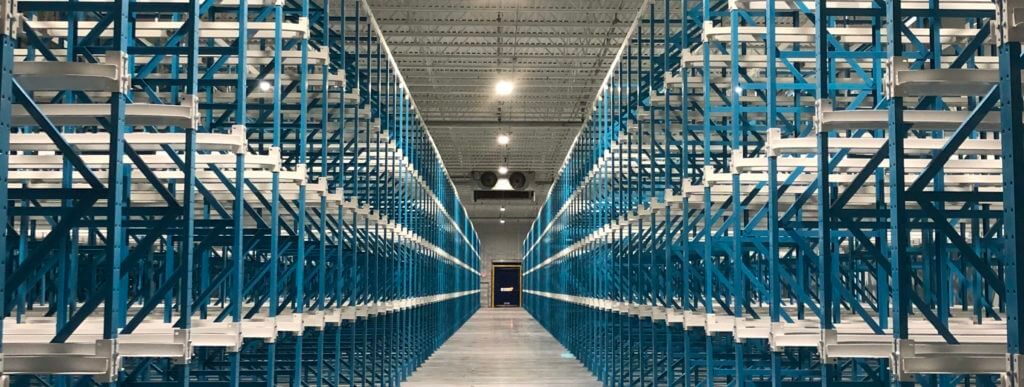In the heart of America’s dairyland, Wisconsin, a silent but crucial industry plays a vital role in ensuring the freshness and quality of food products year-round: frozen storage warehousing. This state boasts a rich agricultural heritage, and with it, a growing demand for cold storage facilities. In this blog, we’ll explore the world of frozen storage warehousing in Wisconsin, diving into statistics, educational insights, and more to highlight the significance of this industry.
Frozen Storage Warehousing in Wisconsin: The Essential Stats
- Growth in the Frozen Storage Industry: Wisconsin has witnessed a significant growth in the frozen storage industry in recent years, with an increasing number of facilities across the state. This expansion correlates with the rising demand for frozen and refrigerated food products.
- Employment Opportunities: The frozen storage industry in Wisconsin offers a substantial number of employment opportunities. With a diverse workforce ranging from logistics professionals to skilled operators, the industry plays a vital role in the state’s economy.
- Capacity and Storage: Wisconsin’s frozen storage facilities boast impressive storage capacities, allowing for the preservation of a wide variety of perishable goods. The state’s cold storage warehouses have an essential role in reducing food waste.
Educational Insights: Nurturing Expertise
- Industry-Specific Training: Wisconsin has recognized the importance of the frozen storage industry and has established training programs and courses focused on cold storage logistics. These educational resources ensure a steady supply of skilled professionals to support the industry’s growth.
- Technological Advancements: Education in the field of frozen storage warehousing is not limited to traditional methods. The state actively embraces and promotes technological advancements in temperature-controlled warehousing, enabling industry professionals to stay up-to-date with the latest innovations.
The Green Factor: Sustainability in Frozen Storage
- Energy-Efficiency Initiatives: Many frozen storage facilities in Wisconsin are dedicated to sustainable practices. They invest in energy-efficient technologies, reducing their carbon footprint and promoting a greener future.
- Reducing Food Waste: Frozen storage warehousing plays a pivotal role in minimizing food waste by preserving perishable goods for extended periods. This sustainability aspect is crucial, especially in an era where minimizing food waste is a global concern.
The Future of Frozen Storage Warehousing in Wisconsin
- Market Expansion: The frozen storage warehousing industry in Wisconsin is poised for continued growth. As consumer preferences shift towards more frozen and refrigerated products, these facilities are essential to meeting the increasing demand.
- Innovation and Adaptation: Wisconsin’s frozen storage warehousing sector will continue to evolve, driven by technological innovations, automation, and adapting to new challenges such as global supply chain disruptions and changing climate conditions.
Conclusion
Frozen storage warehousing in Wisconsin is a dynamic and crucial industry, deeply intertwined with the state’s agricultural heritage and its economic prosperity. With impressive statistics, a commitment to education and sustainability, and an eye towards the future, the industry stands strong as a cornerstone of Wisconsin’s contribution to the food supply chain.
As consumers demand fresh, quality, and sustainable food products, frozen storage warehousing in Wisconsin plays a pivotal role in delivering on those expectations, ensuring that the state remains a key player in the food industry for years to come.


 Dave McGowan has been a member of the WEL Family since May 1989. He is a husband and father of two children. Dave is also a U.S. Army veteran and served in Vietnam in 1971-1972, and he attended driving school soon after he was released from the military in 1974.
Dave McGowan has been a member of the WEL Family since May 1989. He is a husband and father of two children. Dave is also a U.S. Army veteran and served in Vietnam in 1971-1972, and he attended driving school soon after he was released from the military in 1974. During his career with WEL, Phil has worked as a driver, dispatcher, terminal manager and customer service manager. He says he always was a driver first, though non-driving jobs taught him financial management that helps him as an owner-operator.
During his career with WEL, Phil has worked as a driver, dispatcher, terminal manager and customer service manager. He says he always was a driver first, though non-driving jobs taught him financial management that helps him as an owner-operator.